
A.R. Siders
Assistant professor in public policy and geography

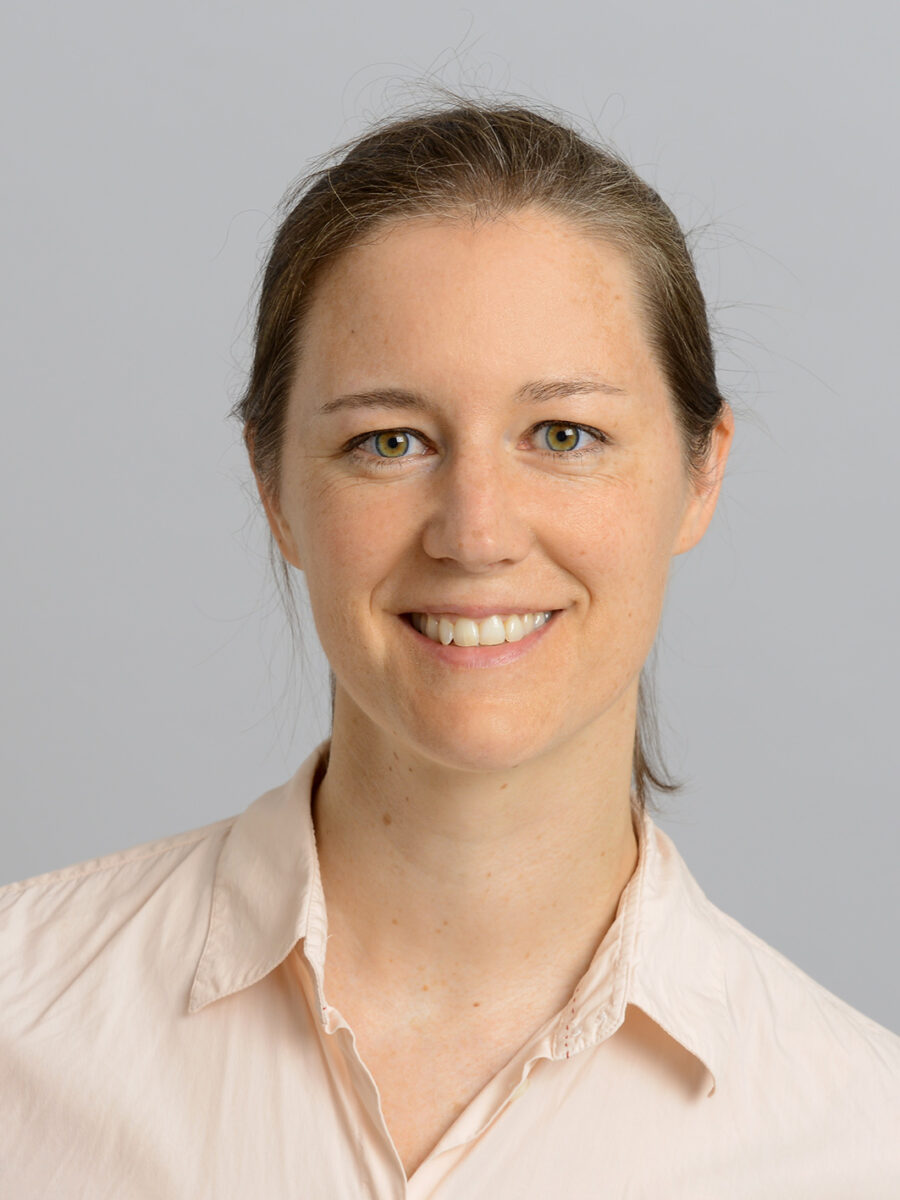
Almut Schilling-Vacaflor
Postdoc, University of Osnabrück


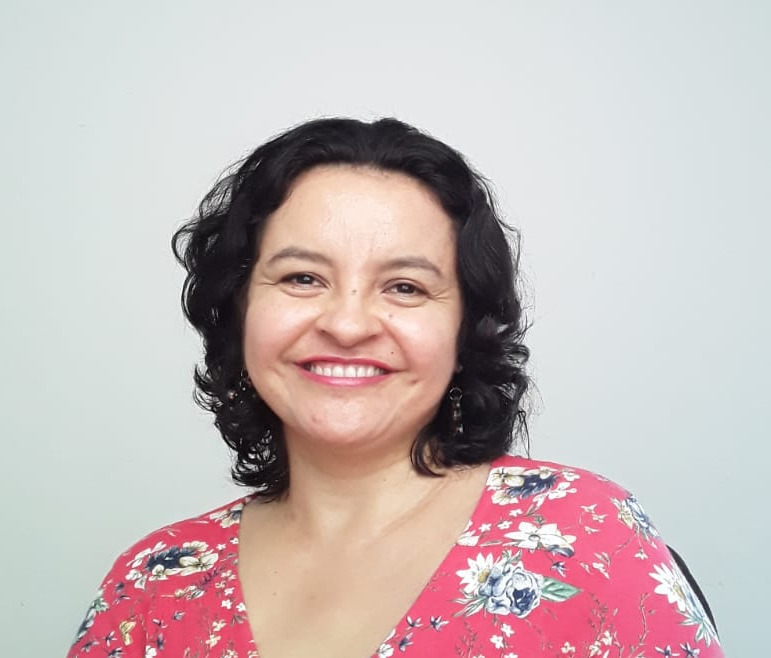
Ana Lucía Maya-Aguirre
Lawyer Marine and Coastal Governance, Colombia


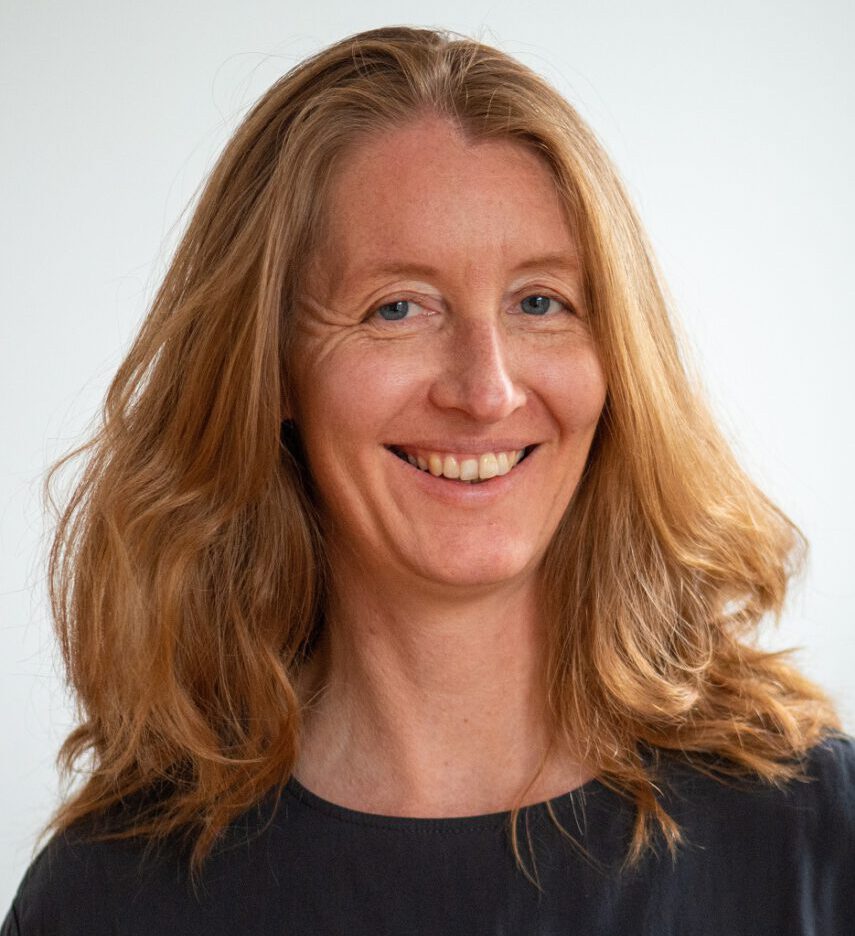
Antje Bruns
Professor for Governance and Sustainability, Trier University


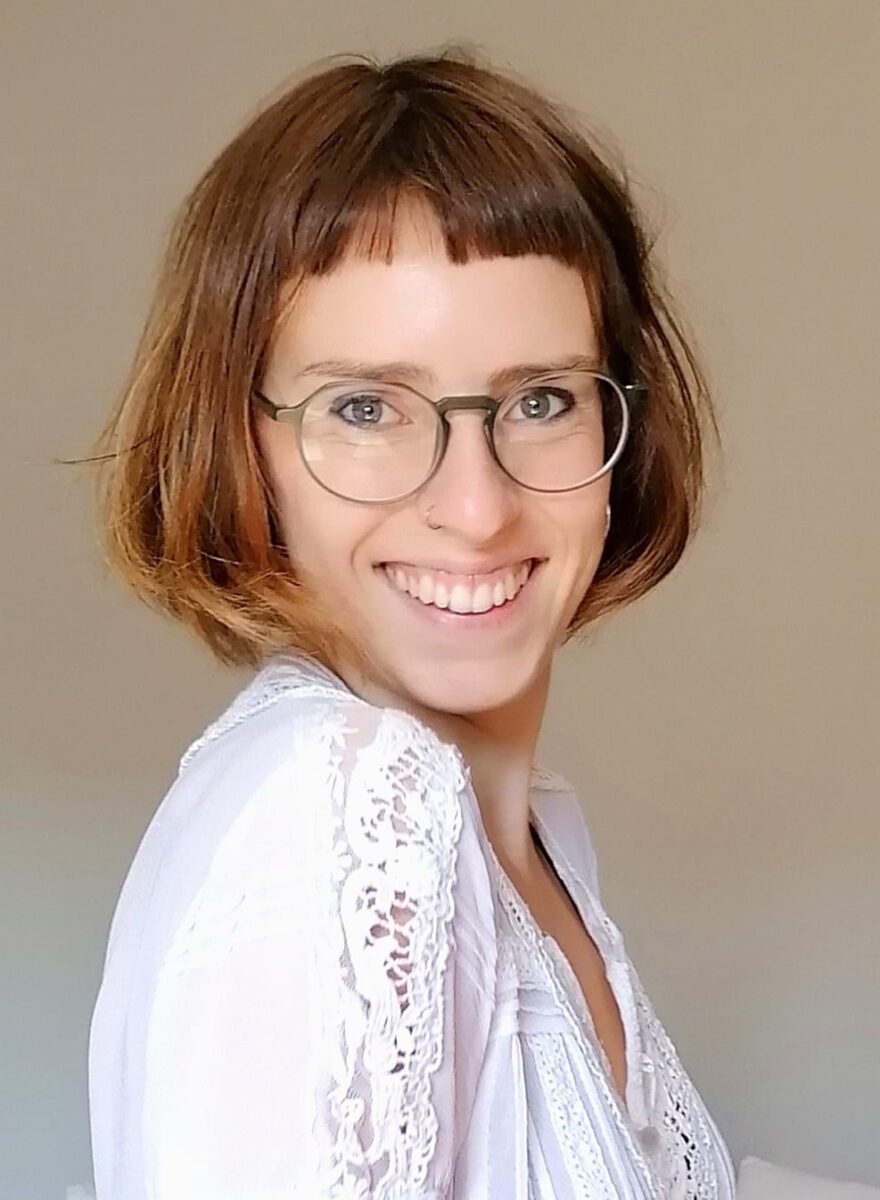
Arianna Porrone
PhD student in Global Studies, University of Macerata, Italy


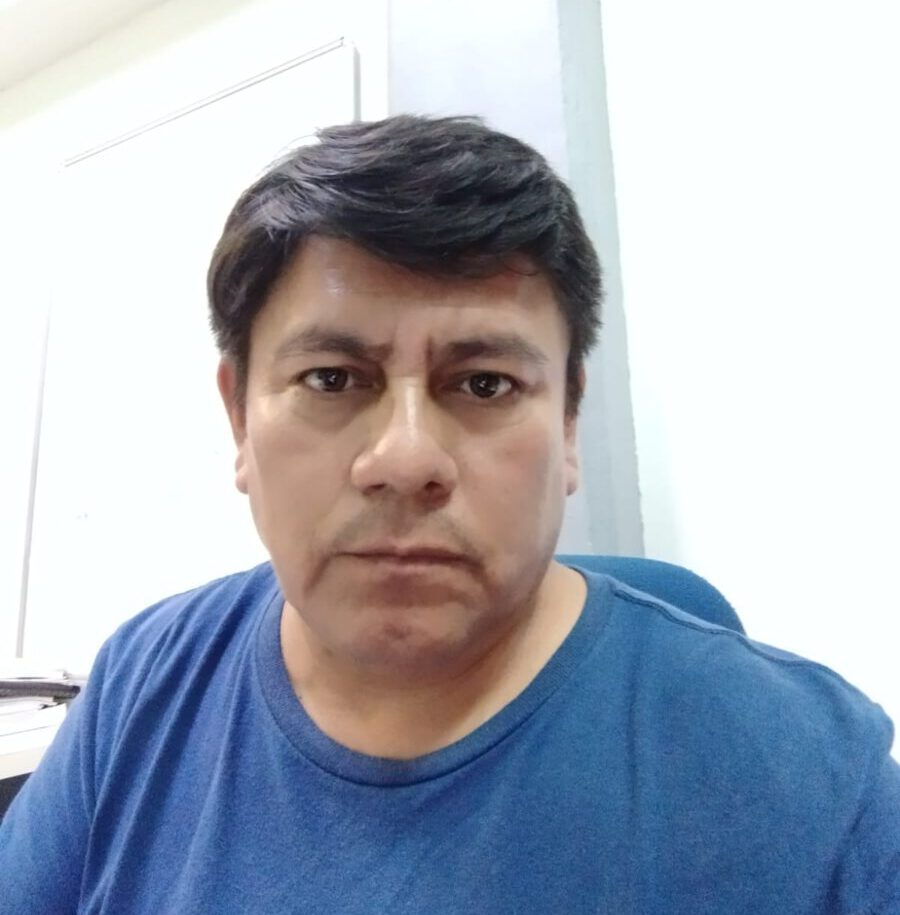
Armando Hernández de la Cruz
Sociologist, Gender Studies, Mexico


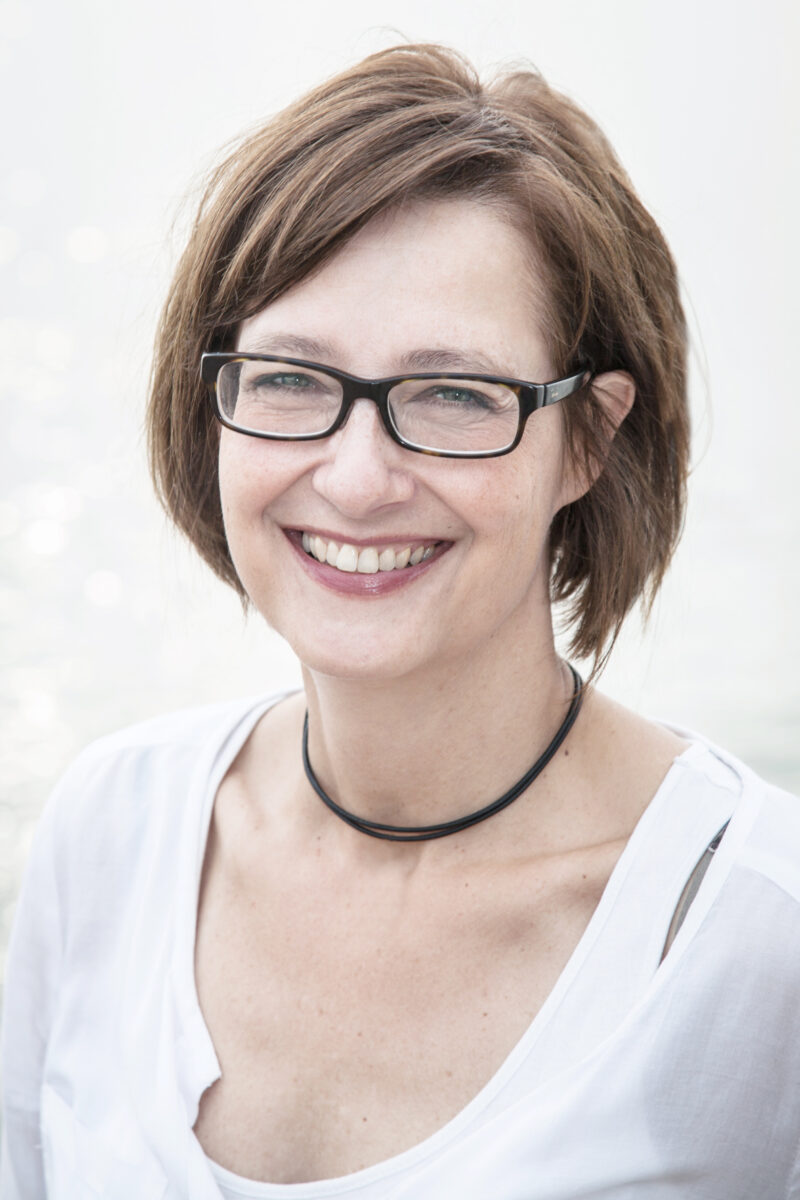
Barbara Dombrowski
Dipl. Photographer, visual artist, Hamburg


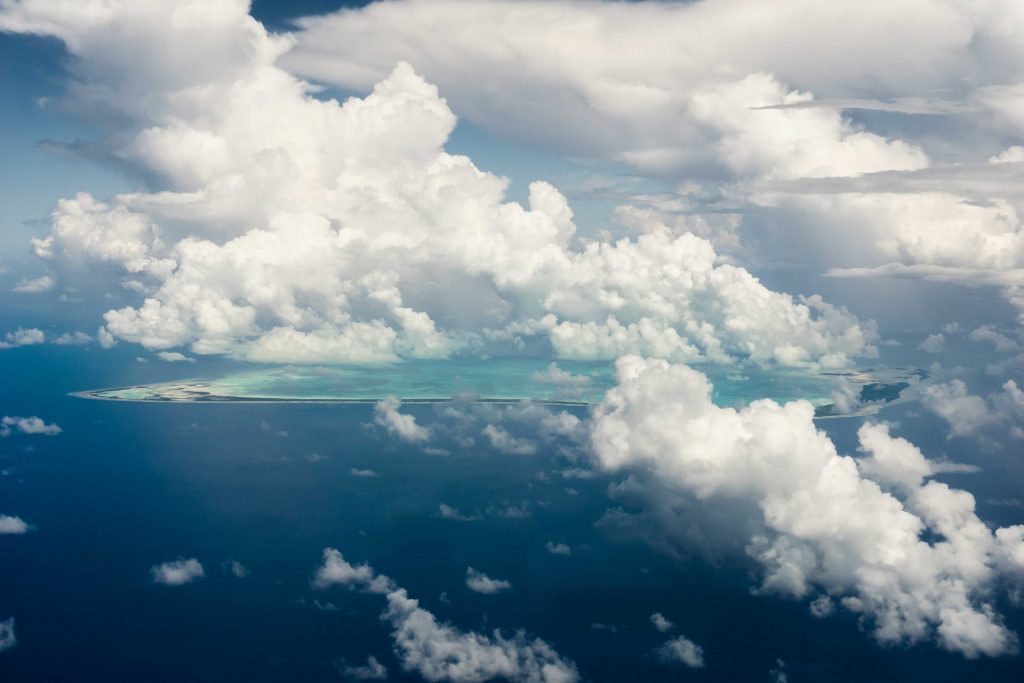
Benedikt Schmid
Albert-Ludwigs-Universität Freiburg, Institut für Umweltsozialwissenschaften und Geographie
Catalina Garcia
Anthropologist, Marine Social Scientist (University of Amsterdam)


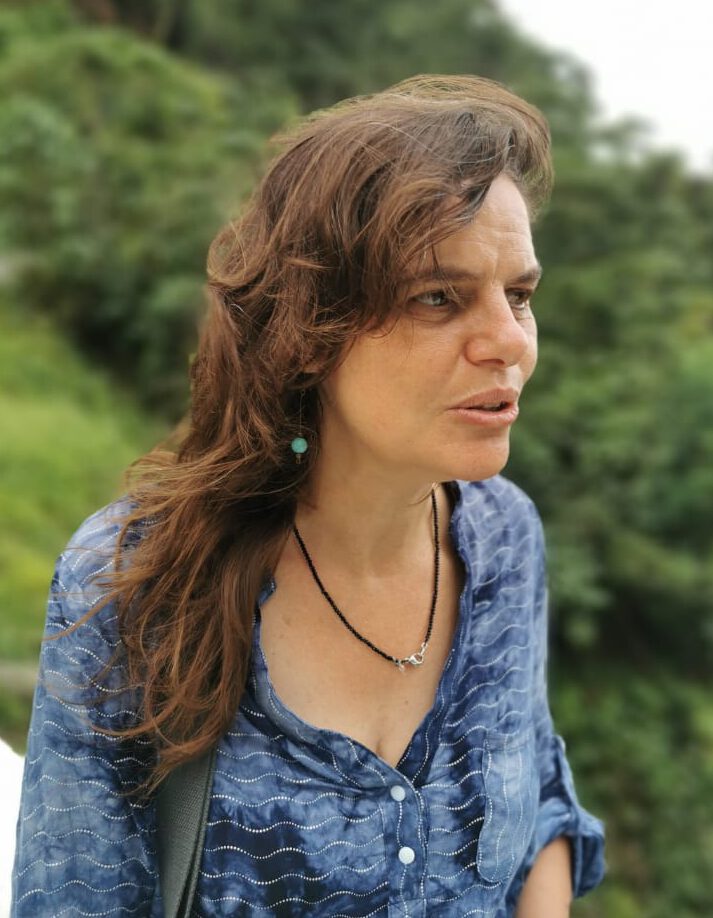
Celia Ruiz de Oña Plaza
Political Ecologist, Journalist, Traveler and Dancer with the Mountains



Daniel Bendix
School of Social Sciences, Friedensau Adventist University


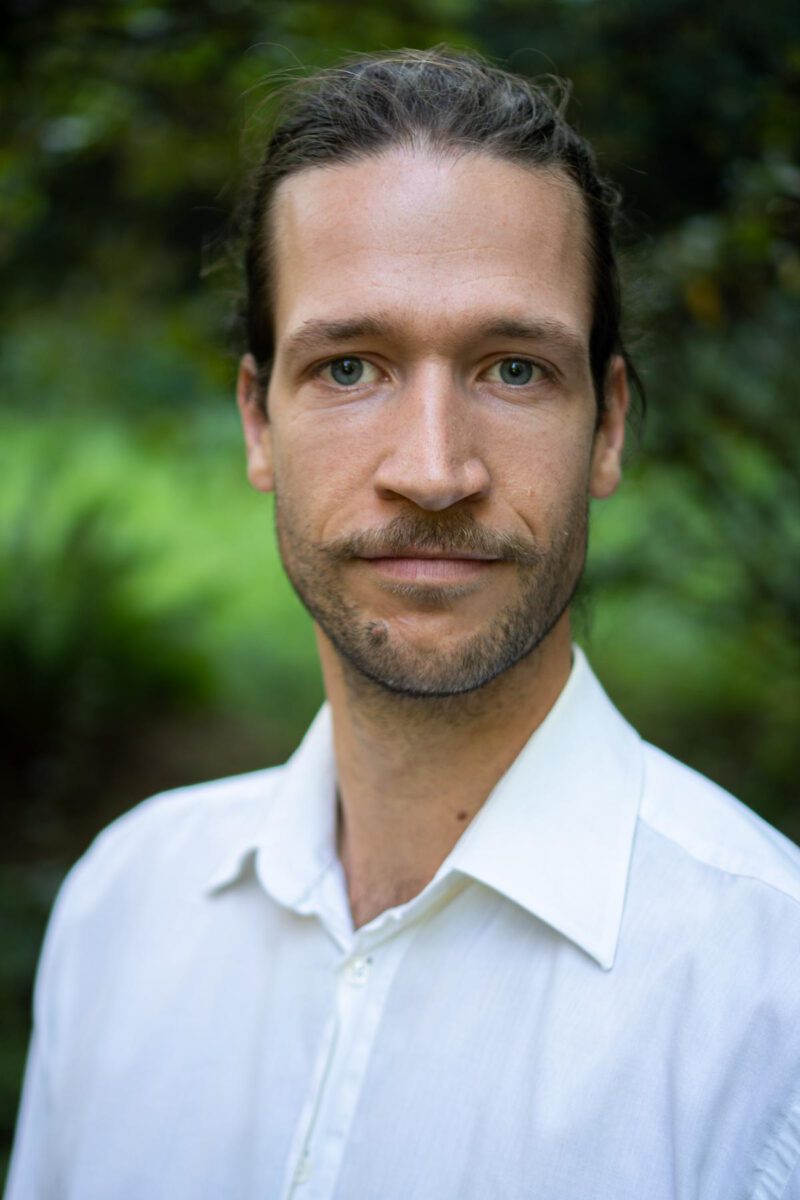
Dennis Schüpf
PhD Researcher; Humangeography; Bonn


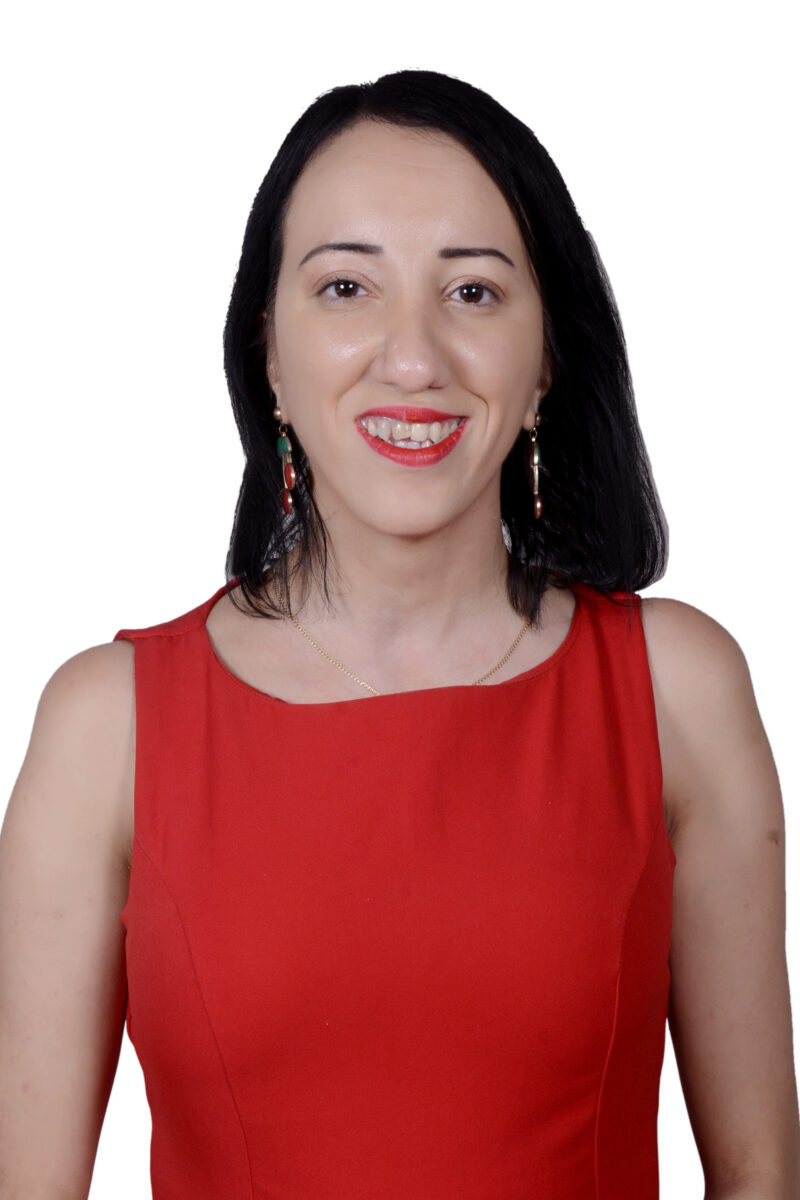
Devrim Eren (she/her)
PhD Student in Global & Area Studies, Berlin



Diego Silva Garzón
Economist/Anthropologist, Geneva, Switzerland


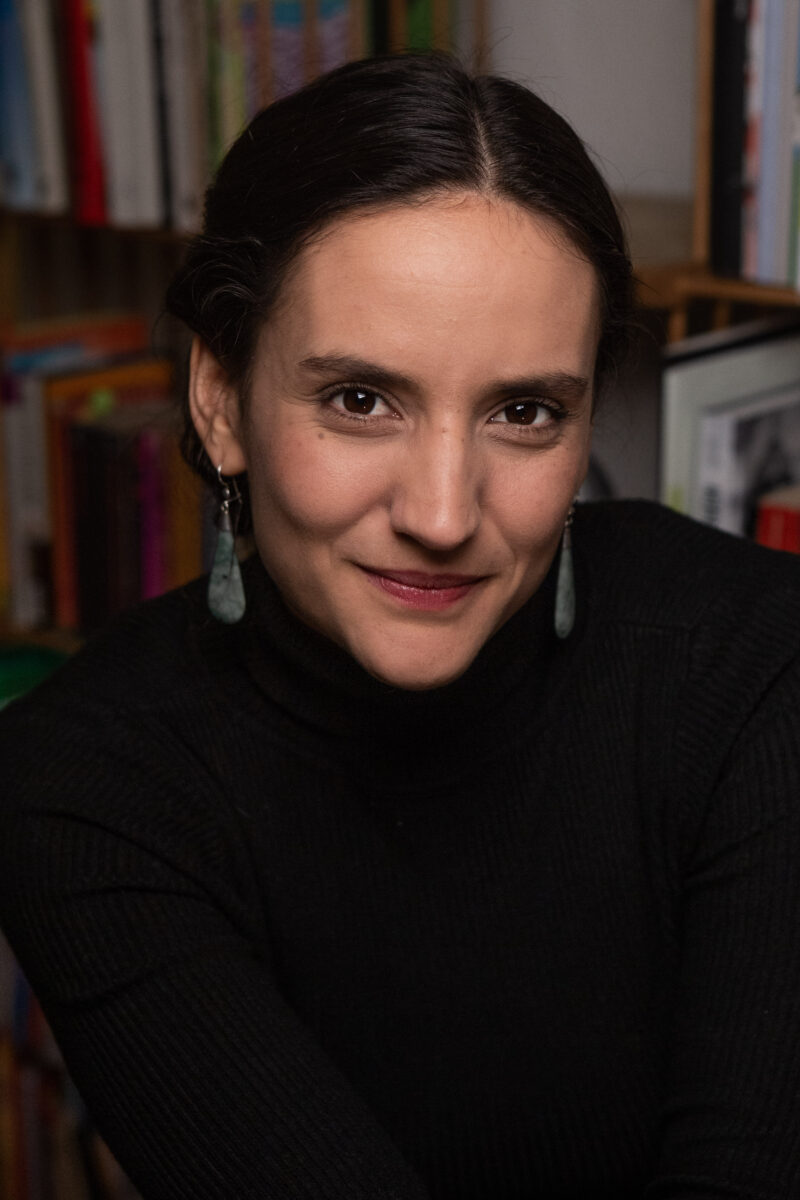
Dinah Ipsen
Environmental management, Kiel



Edgar Delgado Hernández
Sociologist and anthropologist, Mexico


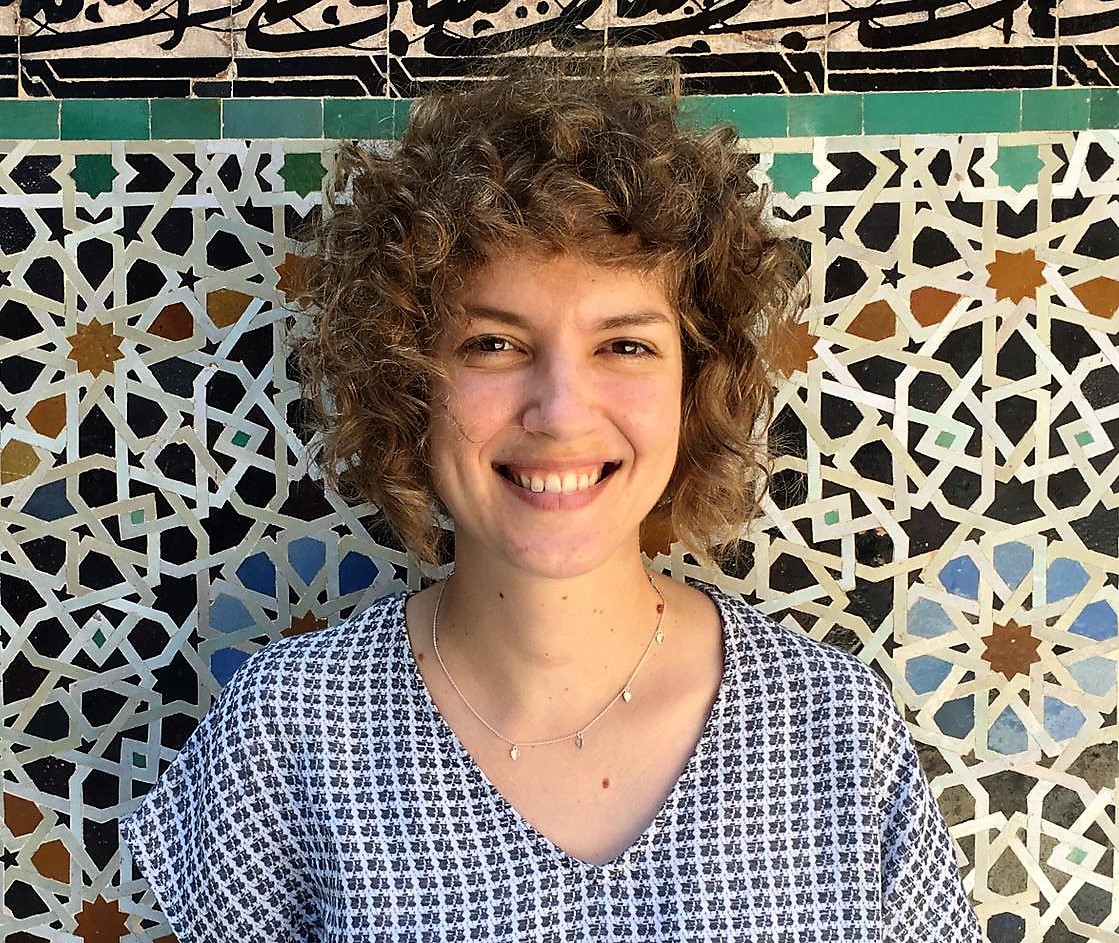
Eirini Skrimizea
Human-Environment Geography, Leuven


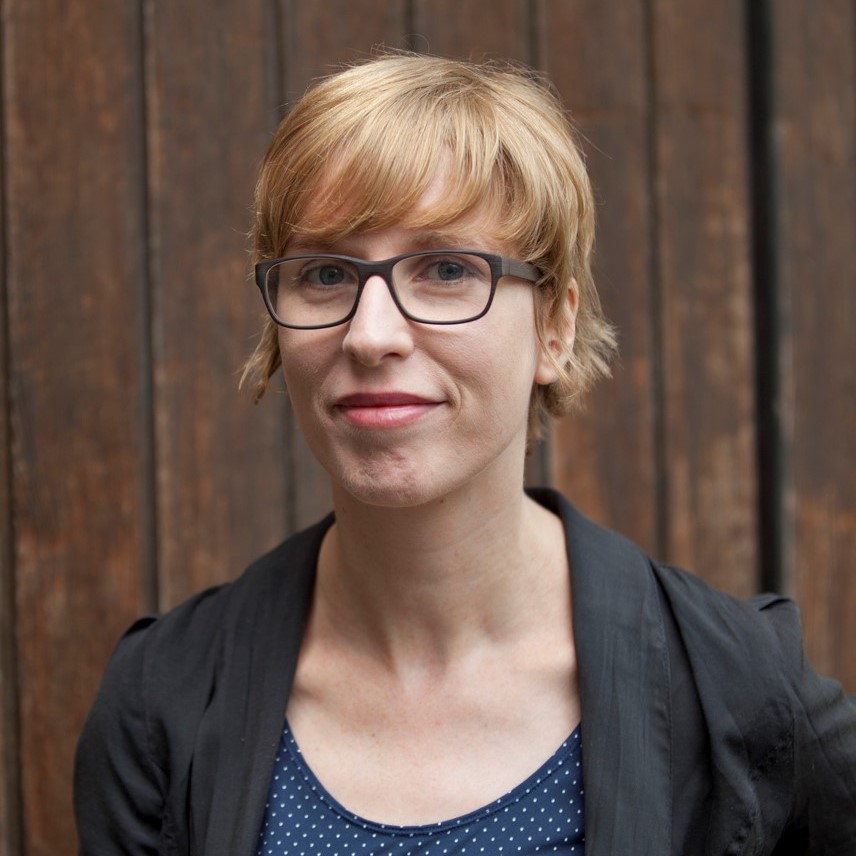
Eleanor Chapman
Architect and research associate/socially just urban planning and development, Munich


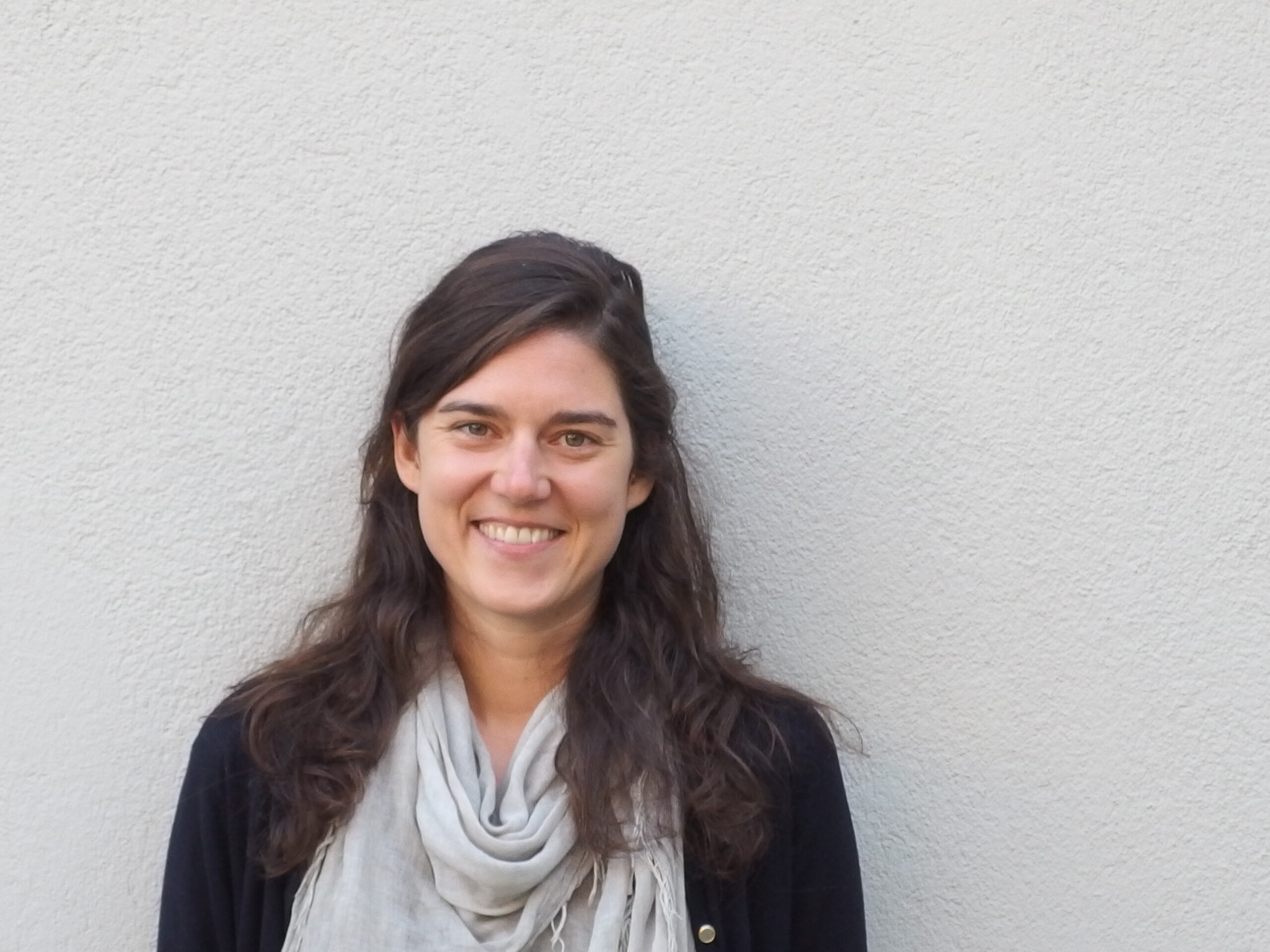
Elena Zepharovich
Centre for Development and Environment, University of Bern, Switzerland



Enrique F. Pasillas
Law, México


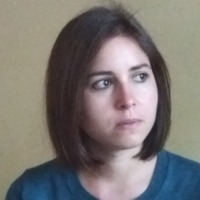
Francesca Rosignoli
Postdoktorand



Gül Özerol
Socio-environmental scientist, The Hague, The Netherlands



Hali Healy
Senior Lecturer, University of Johannesburg



Hauke Dentzin
Geograph, Kiel


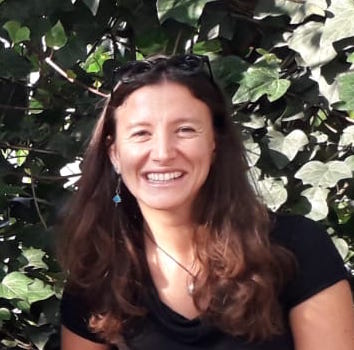
Irmak Ertör
Bogazici University (Istanbul), The Ataturk Institute for Modern Turkish History



A.R. Siders
Assistant professor in public policy and geography at the University of Delaware and core faculty in the Disaster Research Center. Her research focuses on climate change adaptation decision-making, evaluation, and equity. Recent projects have explored managed retreat and relocation as coastal adaptation strategies and the social justice implications of adaptation and disaster risk reduction allocations. She is a lawyer and social scientist with interdisciplinary training.



Almut Schilling-Vacaflor
Almut Schilling‐Vacaflor, PhD, currently works as a Postdoc at Osnabrück University and co-leads two research projects about soy and beef supply chains from Brazil, with a focus on regulatory governance, corporate accountability and environmental justice. Prominent themes in her research are business and human rights, environmental governance, global supply chains, Indigenous peoples and FPIC, extractive industries and the agribusiness in Latin America.
Country/Region of interest/research focus: Brazil, Bolivia, Andean region, Latin America, Europe
Keywords: Political Ecology, Socio-Ecological Transformation



Ana Lucía Maya-Aguirre
Director and Co-founder of the Observatory for Marine and Coastal Governance (Colombia). Member of the Marine Working Group of the Environmental Law Alliance Worldwide (ELAW). Member of the Latin American Hub of the Virtual Blue Decade. More than 14 years of experience working on: coastal law, international environmental law, comparative law, environmental migrations, human rights, environmental governance, sustainable development goals, climate change, and capacity building for indigenous people’s and Afro-descendants’ rights. Lecturer in environmental law and environmental governance, and academic advisor of degree projects. Lawyer and specialist in Constitutional Law graduated from the Universidad Nacional de Colombia. She earned an LLM in Energy and Environment at Tulane University with the support of the the J. William Fulbright Scholarship.
Country/Region of interest/research focus: Colombia / Latin America, Marine and coastal governance



Antje Bruns
Antje Bruns is a professor for Sustainable Development and Governance in the Human Geography Department at Trier University. Her work examines socio-political geographies of resources and the role of politics, power and expertise in environmental governance.
Country/Region of interest/research focus: Germany, Greater Region (Saar-Lor-Lux), Coastal Cities; West-Africa
Keywords: Climate Change Adaptation, Climate Politics, Degrowth, Inter-and Transdisciplinary Research Methods, Political Ecology, Postcolonialism, Science and Technology Studies, Socio-Ecological Transformation, Urban and Regional Planning



Arianna Porrone
Arianna Porrone is a PhD student in Global Studies. Justice, Rights, Politics, at the Department of political science, communication and international relations of the University of Macerata, Italy. Awarded with a One-Year Research Grant for Doctoral Candidates (2020-2021) she has joined the research group Social Dynamics in Coastal and Marine Areas of Kiel University as a visiting researcher. Her main research interests are political ecology, environmental justice, storytelling and the environmental humanities as well ecofeminisms and feminist critical theories. Her Ph.D research focuses on understanding power and gender dynamics in knowledge creation within the current international environmental governance realm and aims at exploring ontological pluralism as a way forward able to reconcile human and more-than-human concerns.
Keywords: Political Ecology, Gender and Development, Postcolonialism, Inter- and Transdisciplinary Research Methods



Armando Hernández de la Cruz
Professor of society and environment at El Colegio de la Frontera Sur. Member of the Academic Group of Gender Studies. Her current research in the Gulf Coast focuses on gender relations in fishermen’s households. Further research focuses on the cultural and social consequences of oil infrastructure development in the Gulf of Mexico, using theory from political ecology.
Country/Region of interest/research focus: Gulf of Mexico, southeastern Mexico
Keywords: Climate Change Adaptation, Gender and Development, Political Ecology, Postcolonialism, Socio-Ecological Transformation



Barbara Dombrowski
For the last 10 years Barbara Dombrowski dedicated her work to places affected by climate change. She focused on five relevant and specific climate localities on every continent and their indigenous population: Achuar in Ecuador, Inuit in East Greenland, mongolian Nomads in Desert Gobi, Maasai in the Republic of Tansania and Micronesians in Kiribati. Man-made climate change is not only a massive threat to nature, ecosystems and biodiversity, but above all, to people themselves. This is the main theme of the project. After portraying the peoples and landscapes, Barbara brought their pictures in spectacular photo-art-installations in the Amazonia, Greenland and in and around the Hambach Forest, on the apron of the open-cast lignite mine, together. By combining the people, Barbara builds a bridge between them, their regions and cultures and shows that everything is interwoven.
Country/Region of interest/research focus: worldwide, now mostly focused on Europe
Keywords: Climate Change Adaptation, Climate Politics, Postcolonialism, Socio-Ecological Transformation



Benedikt Schmid
Im Mittelpunkt meiner Forschung steht die Frage nach Interventions- und Gestaltungsmöglichkeiten für zukunftsfähige Mensch-Umwelt Beziehungen. Insbesondere interessiere ich mich für zivilgesellschaftliche Initiativen und Sozialunternehmen, die sich für alternative, insbesondere wachstumsunabhängige und gemeinwohlorientierte Wirtschaftsformen einsetzen. Mein empirischer Schwerpunkt liegt dabei auf lokalen produktiven Infrastrukturen und den damit verbundenen Praktiken des Experimentierens, Herstellens und Reparierens im globalen Norden. Konzeptionell stehen praktikentheoretische Ansätze im Mittelpunkt die es erlauben sowohl die Materialität als auch die Performanz sozialer Verhältnisse zu fassen. Mit einem partizipativen und transdisziplinären Ansatz zielt meine Forschung darauf ab, Strategien zu entwickeln und Koalitionen mit und zwischen einer Vielzahl von Akteuren und Teilnehmern aufzubauen.
Catalina Garcia
Catalina is a Marine Social Science researcher. An anthropologist by heart and training, she has worked at the Colombian Erigaie NGO as an independent researcher and consultant in marine social sciences for over two decades. Her research, situated in critical ocean studies, focuses on ocean justice and marine governance in contested marine areas. Currently, Catalina is a doctoral student in the Geography and International Development Department at the University of Amsterdam, the Netherlands. From the perspective of maritime legal geographies, she looks at the role of Black and Indigenous legalities in governing the ocean in equitable and sustainable ways, and the extent to which they are integrated into the international ocean regimes. In particular, she works with the Black-Creole communities in the islands located on the Nicaraguan-Colombian contested border area, exploring the indigenous marine laws and their forms of resisting international regimes through indigenous rights regarding artisanal fisheries, sea mobility, and marine environmental resource management.
Country/Region of interest/research focus: The Caribbean Sea



Celia Ruiz de Oña Plaza
Researcher at the Multidisciplinary Research Centre on Chiapas and the Southern Border -CIMSUR- at the National Mexican Autonomous University -UNAM-. Her current research in the transborder region between Chiapas and Guatemala focuses on climate change adaptation, rural sustainable production systems and borderland issues. She integrates political ecology and borderland studies into the field of climate change adaptation. Further research focuses on the migration and climate change nexus at the Mexican southern border. Celia Ruiz de Oña´s main research areas are in Chiapas-Guatemala borderland regions. She has been collaborating with ENJUST members since 2018.
Country/Region of interest/research focus: Latin American region. Transboundary area between Chiapas-Guatemala
Keywords: Agroecology, Climate Change Adaptation, Inter-and Transdisciplinary Research Methods, Migration, Political Ecology, Science and Technology Studies, Socio-Ecological Transformation, Urban and Regional Planning



Daniel Bendix
Daniel Bendix is Professor for Global Development at Friedensau Adventist University, Germany. His research focuses on colonial power in development policy, the politics of reproductive health and population, postcolonial critique of development in the North and transnational activism against land grabbing. He is a member of the transnational network Afrique-Europe-Interact and of glokal, a Berlin-based association for postcolonial education, and was active in the group ‘kassel postkolonial’.
Country/Region of interest/research focus: Germany, Mali, Tanzania
Keywords: Postcolonialism, Social-Ecological Transformation



Dennis Schüpf
Doctoral Student (Uni Bonn, L. Schipper supervision) at IDOS (German Institute of Development & Sustainability) in the Environmental Governance program within the Klimalog research project. My current research in the coastal region of South India (Tamil Nadu) focuses on coastal adaptation policies/measures in the context of contested sand resources. Applying a political ecology lens, I aim to investigate climate change adaptation regimes within wider socio-political processes that ultimately (re)define who has access over (sand) resources. Further, I am interested in using documentary photography as a means to visually explore contested land- and seascapes where environmental justice concerns are prevalent.



Devrim Eren (she/her)
Devrim Eren is a doctoral student in Global and Area Studies at Humboldt-Universität zu Berlin, Department of Asian and African Studies. Her research bridges environmental inequalities, intersectionality and decolonial praxis. Her work, based in the urban peripheries of India, focuses on the entanglement of pre-colonial sociocultures, colonial vestiges and neoliberal influences in shaping waste (picking) as part of the informal urban economy and quotidian ways of waste pickers’ resistance for environmental justice. Her research connects Latin American thought with South Asian Studies.
She holds an MA in Modern South and Southeast Asian Studies and a BA in Information Science, and Asian and African Studies, both from Humboldt-Universität zu Berlin. Apart from her research, she works as a political educator, focusing on topics such as anti-racism and feminist thought.
Country/Region of interest/research focus: India
Keywords: Climate Change Adaptation, Climate Politics, Gender and Development, Inter-and Transdisciplinary Research Methods, Migration, Political Ecology, Postcolonialism, Socio-Ecological Transformation, Social Movements, Indigenous Peoples and Local Communities



Diego Silva Garzón
Diego Silva is an economist/anthropologist and works as Postdoctoral Fellow at the Centre of International Environmental Studies (CIES) at the Graduate Institute of International and Development Studies (IHEID), in Geneva. His work is located at the intersection of science and technology studies, environmental and economic anthropology, and agrarian studies. His current research agenda includes: 1) the socio-technical analysis of seed commodity networks and the rural conflicts surrounding the deployment of agricultural innovations in Latin America (FNS Postdoc project); 2) the anthropological study of climate change mitigation in agriculture through the emergent knowledge and practices of environmental accounting (PI: prof. Shaila Seshia Galvin); and 3) the political ecology of the EU energy transition with a focus on the lithium battery production chain, linking Latin American suppliers of lithium minerals with the European lithium battery industry (co-coordinator for the project led by prof. Marc Hufty).
Country/Region of interest/research focus: Latin America, Colombia and Argentina
Keywords: Climate Change Adaptation, Climate Politics, Ecological Economics, Inter-and Transdisciplinary Research Methods, Political Ecology, Postcolonialism, Science and Technology Studies



Dinah Ipsen
Aspiring environmental researcher/consultant with an inclination in the domain of socio-environmental conflicts and local approaches to sustainability. With an engineering degree in natural resources management and studies in cultural development and sustainable tourism, I have gained professional experience in the field of sustainable community development in south Central America.
Currently, I am studying a master in environmental management and working as an research assistant in the field of political geography in Kiel, Germany.
Country/Region of interest/research focus: Latin America



Edgar Delgado Hernández
Bachelor in Sociology, Master in Social Anthropology and PhD student in Social Sciences at the Center for Research and Higher Studies in Social Anthropology Western Regional Unit (CIESAS-Occidente) in the research line Environment and Society. His current research discusses, from a political ecology perspective, the unequal production of space in the peripheries, the scarcity and micro-privatization of water and water suffering.
Keywords: Ecological Economics, Indigenous Environmental Justice, Inter-and Transdisciplinary Research Methods, Political Ecology, Social Movements, Socio-Ecological Transformation, Urban and Regional Planning, Water Justice



Eirini Skrimizea
Post-doctoral researcher at KU Leuven and teaching associate at the Master program in Sustainable Development of the same University. Her current research focuses on community forests and historical commons, socially-differentiated vulnerabilities and female cooperatives, in the context of the argan oil boom and climate change. Further research focuses on sustainable agriculture and water governance from a climate change-(sustainable) development nexus perspective. She mobilizes human-environment geography approaches to integrate social sciences theories with concepts from social-ecological systems and climate change research. She participates in research projects that are usually characterized by interdisciplinary questions and transdisciplinary ambitions for participatory research and planning in the field. Eirini Skrimizea’s case studies are located mainly in Europe, Africa and Asia.
Country/Region of interest/research focus: Greece, France, Morocco, Central Asia
Keywords: Climate Change Adaptation, Climate Politics, Gender and Development, Inter-and Transdisciplinary Research Methods, Socio-Ecological Transformation, Urban and Regional Planning, Water Justice



Eleanor Chapman
Researcher, project manager and architect with an MSc in Land Management and Land Tenure and 13+ years experience in the private and not-for-profit sectors, as a committed advocate for socially justice and sustainable urban development. Her research interests centre on the promotion and defence of the commons, the role of design as an agent of change, housing as a public good (not a commodity), and the socially just distribution of environmental goods and burdens. She is currently researching the integration of environmental justice concerns into the local planning, development and governance of urban green space. In her previous role at a global network of local governments, Eleanor was responsible for steering effective collaborations between researchers and municipal staff working for European cities, with a focus on climate adaptation and building resilient communities.
Country/Region of interest/research focus: Europe, in particular Germany
Keywords: Climate Change Adaptation, Climate Politics, Degrowth, Gender and Development, Political Ecology, Socio-Ecological Transformation, Urban and Regional Planning



Elena Zepharovich
Elena Zepharovich is a researcher at the Centre for Development and Environment at the University of Bern. She finished her PhD at University of Bern at the Institute of Geography. Before joining the CDE, she was working at Vienna University of Economics (WU) in the Department of Ecological Economics in the field of Education for Sustainable Development. Her current research focus lies on inequality, environmental justice, and deforestation in the Argentinean Chaco.
Country/Region of interest/research focus: Argentinia



Enrique F. Pasillas
Ph.D. Law. Universidad de Granada, España. “Posdoc researcher for México.” Conahcyt-El Colef at El Colegio de la Frontera Norte, Tijuana, Baja California, México. His current research focuses on extractivism, social and environmental conflict, peace building, Human Rights, water and environmental justice and Indigenous peoples rigths.
Link:@efpasillas, research gate, academia
Keywords: Indigenous Environmental Justice, Indigenous Peoples and Local Communities, Legal Geographies, Postcolonialism, Social Movements, Water Justice



Francesca Rosignoli
Dr. Francesca Rosignoli (PhD 2016) is postdoctoral fellow at the Department of Public Law at the Universitat Rovira i Virgili (Spain), member of the CEDAT and coordinator of EJ-ITALY, the first research group made up of women only focusing on Environmental Justice (EJ) in Italy. Her research interests include environmental justice, global environmental governance, climate change, climate-induced migration, and collective capabilities. Her current research focuses on the role of gender and justice in climate-induced migration. Her latest monograph, Environmental Justice for Climate Refugees, was published by Routledge in May 2022. She is co-editor of the volumes ‚Climate Change Integration in the Multilevel Governance of Italy and Austria‘ (Brill 2022) and ‚Racism, Environment, Health. Environmental Racism and Health Inequalities‘ (PM 2022).
Links
Environmental Research in the Human Science area



Gül Özerol
Gül Özerol is an assistant professor at the Department of Governance and Technology (CSTM), University of Twente. She is a social-environmental scientist, specializing in public policy and focusing on water, energy and climate change. Her current research focuses on water governance, energy transition and climate resilience in diverse political, social and ecological contexts of the North Sea Region and the Middle East. In her research she integrates actor-based and institutional approaches to public policy and natural resource governance. She applies comparative and transdisciplinary methods that go beyond advancing theories and co-create knowledge in collaboration with academic and non-academic stakeholders.
Country/Region of interest/research focus: Europe, Middle East, North Africa
Keywords: Climate Change Adaptation, Climate Politics, Degrowth, Energy Justice, Gender and Development, Inter-and Transdisciplinary Research Methods, Political Ecology, Socio-Ecological Transformation, Urban and Regional Planning



Hali Healy
Hali Healy has co-authored and co-ordinated work on two EC funded projects on sustainable development. One of these was EJOLT (Environmental Justice Organizations, Liabilities and Trade, 2011-2014), a project that linked researchers from the sustainability sciences and environmental justice organisations (EJOs). On the basis of this work Hali has published several peer-reviewed articles, and co-edited a book, Ecological Economics from the Ground Up (Routledge, 2013). In 2016 Hali moved to South Africa to take up lecturing post at the University of Johannesburg in the department of Anthropology and Development studies. Since then, much of her research has focused on environmental injustice, post and decoloniality, commons resource management and the greening of the South African economy.
Country/Region of interest/research focus: South Africa, Global South, Europe
Keywords: Climate Politics, Degrowth, Ecological Economics, Inter-and Transdisciplinary Research Methods, Political Ecology, Postcolonialism, Science and Technology Studies



Hauke Dentzin
Master Student at Christian-Albrechts-University of Kiel, in the programme Sustainability, Society, and the Environment. As a research assistant in the Urban- and Population Geography working group of the CAU his focus is set on processes of green gentrification, energetic retrofitting and energy justice in Kiel. Furthermore, his master thesis will be based on the topic of financialization of the social housing market and the resulting urban development in Sao Paulo. Finally, he is interested in science communication and science’s role in social society. Overall, the urban realm is at the center of his studies, researching about the influence of capitalistic patterns of urban development and ruptures in this overarching trend.
Country/Region of interest/research focus: Brazil, Sao Paulo, Kiel
Keywords: Energy Vulnerability, Political Ecology, Postcolonialism, Socio-Ecological Transformation, Urban and Regional Planning



Irmak Ertör
Irmak Ertör is an assistant professor in the Ataturk Institute for Modern Turkish History, Bogazici University, Istanbul. Before her current position, she was working in the Institute of Environmental Science and Technology, Autonomous University of Barcelona (ICTA-UAB) as a post-doctoral researcher in the ERC-funded ENVJUSTICE project focusing on global fisheries conflicts and environmental justice. She holds a BS in Economics and an MA in Modern Turkish History from Bogazici University, Turkey. She has been a Marie Curie (ITN) early stage researcher of the ENTITLE project (European Network of Political Ecology) and completed her PhD on the „Political Ecology of Marine Finfish Aquaculture in Europe“ in ICTA, UAB. Currently, she is a member of the Cost Action on Ocean Governance and investigates socio-environmental conflicts and social movements of fisher communities, food sovereignty and environmental justice.
Country/Region of interest/research focus: Turkey and Mediterranean
Links:
Political Ecology blog (of the former ENTITLE group)

